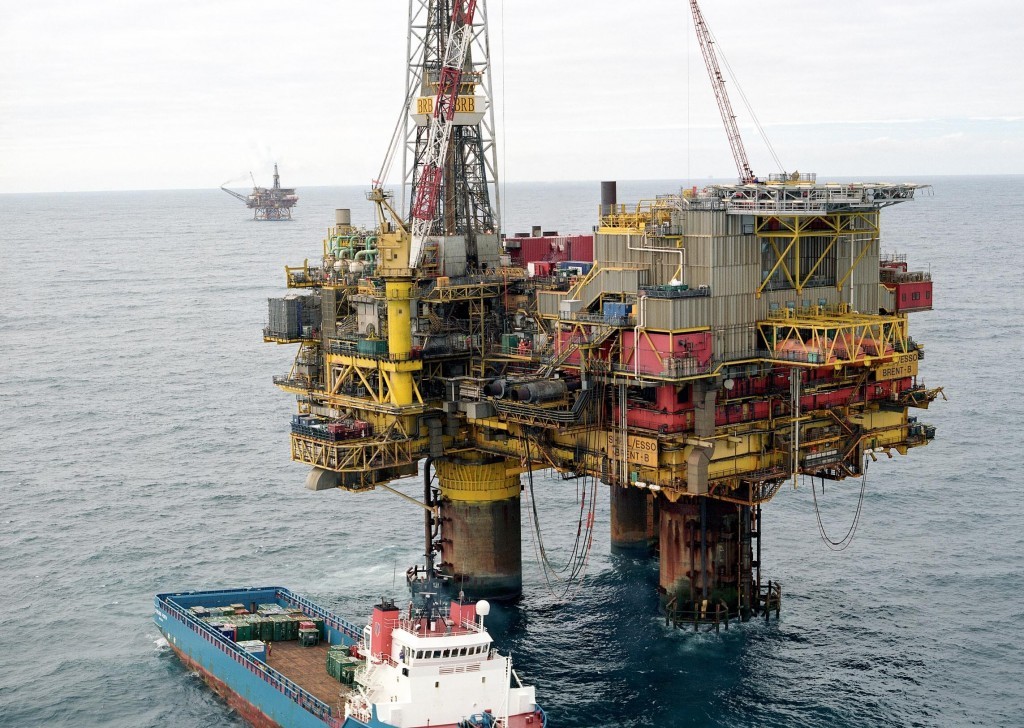
A lack of leadership by the Scottish Government could see the country lose out on billions of pounds of decommissioning work in the North Sea, with union leaders claiming it does not fit the SNP’s “political narrative” to invest in the area.
Gary Smith, Scottish secretary of the GMB union, claimed the value of decommissioning is “maybe even as high as £150 billion”.
He warned a reluctance on the part of the SNP administration at Holyrood to prepare and invest for this could result in Scotland missing out on the benefits at the same time as taxpayers have to fund much of the work.
Mr Smith told BBC Radio Scotland’s Good Morning Scotland: “At a UK level and at a Scottish Government level, there has been a failure of leadership, there has been no vision.
“There has been a dishonesty about the inevitable decline in the oil and gas industry, and we haven’t prepared and invested in order for us to capitalise on this opportunity.
“It’s empty political rhetoric and the truth is for the nationalist government in Scotland it hasn’t fitted with their political narrative to talk honestly about the decline and the inevitable
decommissioning in the Scottish North Sea, because the story the Scottish Government has been selling for years is that we’re going to be an oil-rich, independent state.”
He made the comments after Maersk granted a Norwegian port the contract to decommission its Janice platform, with UK firms missing out.
Mr Smith stressed: “It’s not just about this contract, it’s about the whole decommissioning agenda.”
The trade union leader said 60% of the clean-up costs for the North Sea would be footed by the taxpayer in government grants and subsidies.
He added: “What we have in Scotland is the danger that we’re going to have the worst of all worlds, with none of the benefits in terms of jobs and investment but taxpayers are going to foot
the bill and be paying for this long after the oil majors have deserted the North Sea.
“In terms of decommissioning, it’s not just about cutting up old rigs, there’s a huge opportunity in terms of recycling and reselling some of the kit from those rigs.
“But the truth is we are not fit for purpose in Scotland, there’s hasn’t been investment in the yards.”
As a result of this, he said, the country is “not in a position to capitalise on the opportunities it presents”.
In contrast, he said Norway had “properly invested and prepared for a post oil and gas economy, and they are ready for decommissioning and to seize upon the opportunities”.
Mr Smith added: “This is going to go down as another classic missed opportunity both for Scotland and the UK.”
He also criticised Westminster politicians, saying: “The UK Government, understandably to some extent, has been about maximising recovery from the North Sea.
“But what the UK Government has done is doled out massive tax cuts to the oil and gas sector in the North Sea and received no guarantees about clean-up in return and secured no contracts in terms of decommissioning work.
“We, as the UK tax payer, are going to pay to clean up the North Sea, we’re picking up 60% of this cost and we’re entitled to know that we’re going to get some of the jobs and investment back.”
A Scottish Government spokeswoman said: “Scotland is ideally placed to develop infrastructure and supply chain capability for decommissioning opportunities.
“The Scottish Government and Highlands and Islands Enterprise have provided £1.2 million of public support to develop the Dales Voe Quay and additional £628,000 funding for the Deep Water Shetland projects, both of which will enable Scotland to compete in winning contracts for lucrative decommissioning work.
“The UK Government still holds the key fiscal levers and we will continue to press them for fiscal reforms to improve access to decommissioning tax relief and encourage late life asset transfers.
“This will reduce costs and help our priority of preventing premature cessation of production.
“We are not complacent, though, we continue to work through our enterprise agencies to provide support to the supply chain and actively engage with Scottish ports and harbours so they can take advantage of the opportunities that decommissioning represents and explore the links with the development of other offshore energy opportunities, such as offshore wind.”
Recommended for you
